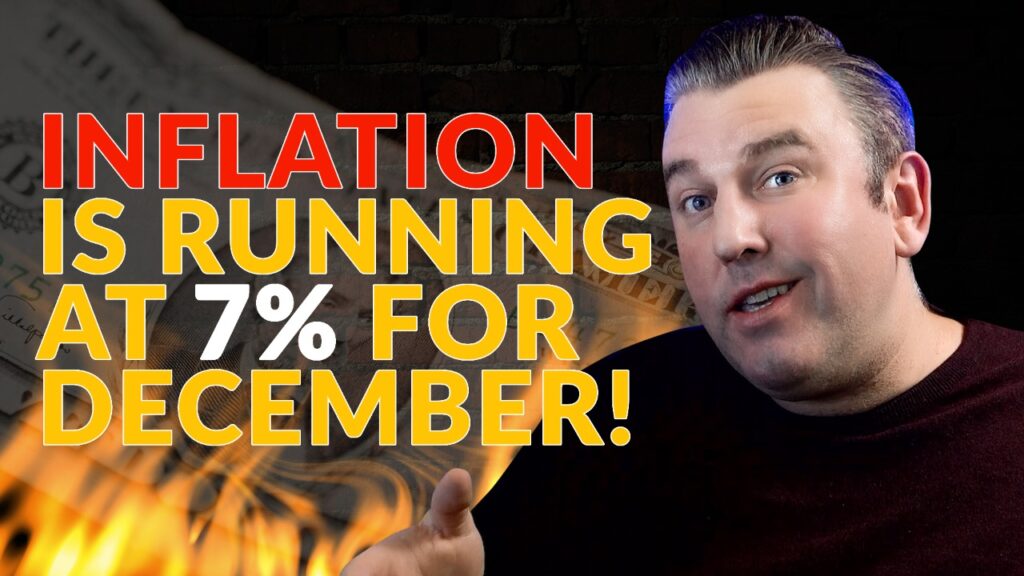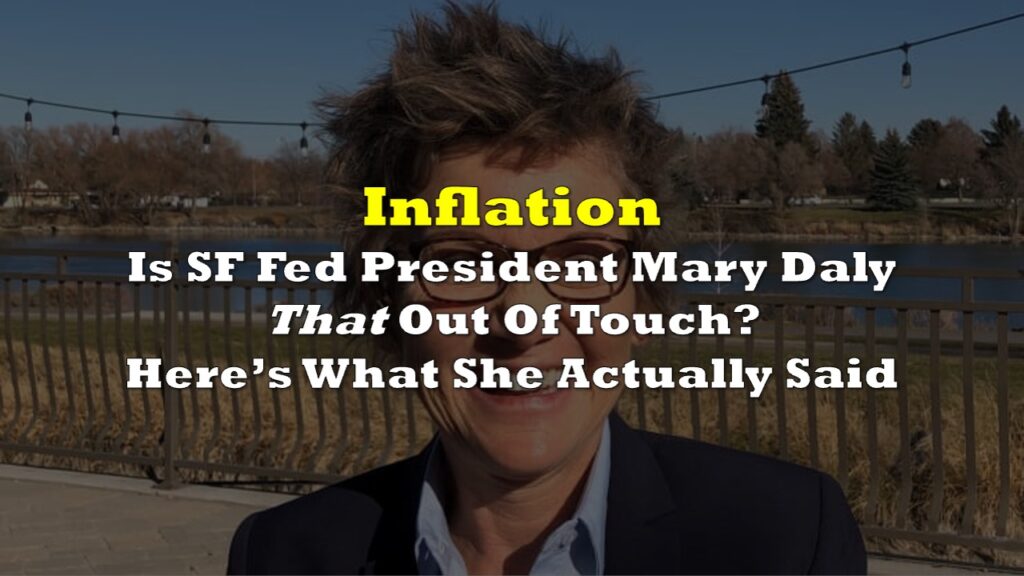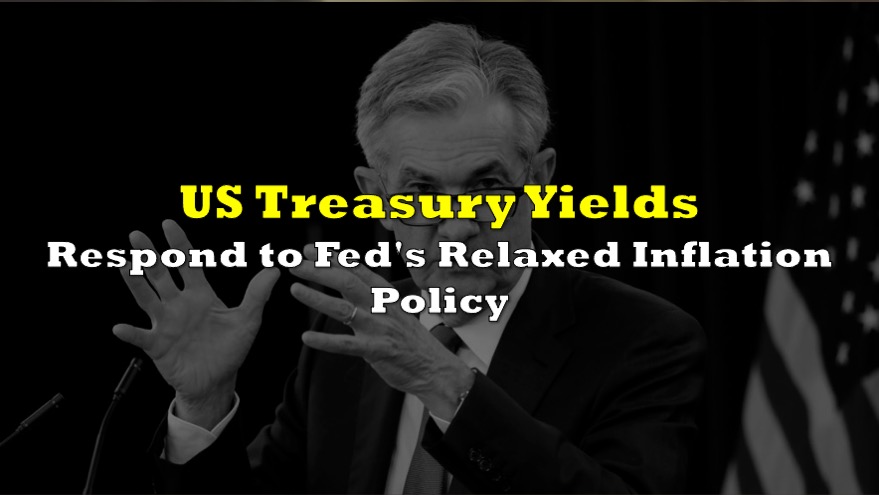The full percentage hike on interest rates isn’t just a monetary policy for the Bank of Canada (BOC), it’s making a proactive statement that the fiscal body understands and knows how to get ahead of the rising inflation, according to its governor Tiff Macklem.
“I do think central banks have a lot of influence over inflation expectations and I think by showing that we’re on top of this–we’re getting ahead of this, we’re being proactive–I think that does give Canadians confidence that they can expect inflation to come back down,” Macklem said in a Financial Post interview.
Contrary to what seems to be a panic move for some, Macklem said that the 100-basis points hike should be viewed as the central bank expressing “concern” that inflation is too high, paralleling the concerns of all Canadians.
“So, yes, we did want to send a clear message to Canadian businesses and Canadian households that they should expect inflation to come down and they should build that into their expectations,” Macklem added.
The central bank governor, however, admits that they “have to realize those expectations” and that Canadians would believe so if they see “inflation coming back down. But he said that this is going to take some time.
“In fact, inflation is probably going to go up a little further before it starts coming down, and even when it starts coming down, in the beginning, it’s going to come down pretty slowly,” he explained.
BOC raised the interest rates by a full percentage, bringing it up to 2.5%. Macklem says this will expectedly put the economy in the middle of “the long-run neutral range.”
The Canada Mortgage and Housing Corporation (CMHC) previously ran scenarios of a high 3.5% interest rate and a neutral 2.5% interest rate ahead of the BOC’s decision. At the higher rate, the housing agency predicted a “mild recession” with the country’s GDP hitting a 3.4% growth in 2022 and 0.7% growth in 2023.
With 2.5% interest rate, CMHC sees GDP growing by 4.1% in 2022 and 2.2% in 2023.
Not the last hike
Canada’s central bank already hiked the rates just this March – the first time in four years – by 25 basis points to end at 0.50%. The bank then raised the rates by 50 basis points each for the succeeding two consecutive months, ending at 1.50%.
But the latest hike of 100 basis points–the central bank’s highest since 1998–might not be the last.
“We also indicated that we do expect that interest rates will need to rise further to cool demand and let supply catch up and see some easing in inflationary pressures,” said Macklem.
The BOC’s decision–referred to as front-loading the rate increases–is said to be meant to “avoid the need for interest rates to be even higher further down the road.”
“We have an inflation target. We don’t have an interest-rate target. Getting inflation back to target is paramount,” the bank governor added.
Another indicator for rate hikes is the Canadian dollar losing its usual appreciation ties against the US dollar. Macklem explained two reasons that could have contributed to this: the lack of investment boom in oil and gas it used to enjoy when prices go up, and the rapid monetary policy pivot by the US Federal Reserve that sent interest rates riding high.
“Our exchange rate is appreciating against most other countries, it’s just not appreciating against the U.S. dollar,” Macklem explained. “In terms of this decision, the fact that we haven’t seen as much appreciation of the Canadian dollar means we’ve got to do more through interest rates.”
‘It’s not a high interest rate’
“We raised rates by a very big step, 100 basis points, but the level is 2.5 per cent. It’s not a high interest rate. You have to look at where we started. We started effectively at zero,” said the bank governor.
Macklem explained that the hike is the bank’s way of front-loading its policy response to get inflation “back to target with a soft landing.”
Canadian inflation soared to a 39-year-record high of 7.7% in June, reflected in higher prices in the local basket of goods. For Macklem, the rising prices brought by supply shortages are a “clear signal the economy is in excess demand.”
“[The economy] needs higher interest rates. It can handle higher interest rates. We do need to moderate spending to take the steam out of inflation,” he added.
Asked about missing the inflation forecasts, Macklem admitted that they “made unusually large forecast errors.”
“We do need to be accountable for that. We do need to explain that to Canadians… We’ve got to get it back down and we need to understand where we missed to calibrate our response and how to get it back down,” he added.
Macklem however explained that around two-thirds of the miss comes from international factors, particularly the sharp rise in oil prices and commodity prices–items that the central bank did not foresee. On the other hand, he admitted that about a quarter of the miss is something that is more under their purview.
“That’s where, if we had known everything a year ago that we know today, yes, we probably would have started raising interest rates a little bit earlier. But we didn’t know,” he explained.
Macklem also cited the continuously changing public restrictions and the Russia-Ukraine war as contributors to the supply disruptions that got out of hand and “surprised us.” He added that when inflation started to run high, the fiscal body tapered QE, ended it in October, and removed exceptional forward guidance early this year–all clear signals to Canadians that “they should expect a rising path for interest rates.”
“We’ve done that really to try to get ahead of this, front-load our response, keep inflation expectations well anchored and cool demand,” Macklem added.
“So, what did we learn from this? We learned what can start as international inflation, if you’re in excess demand, those domestic inflationary pressures will become more prominent. And that’s what we’re addressing,” Macklem ended.
Information for this briefing was found via Financial Post. The author has no securities or affiliations related to this organization. Not a recommendation to buy or sell. Always do additional research and consult a professional before purchasing a security. The author holds no licenses.









